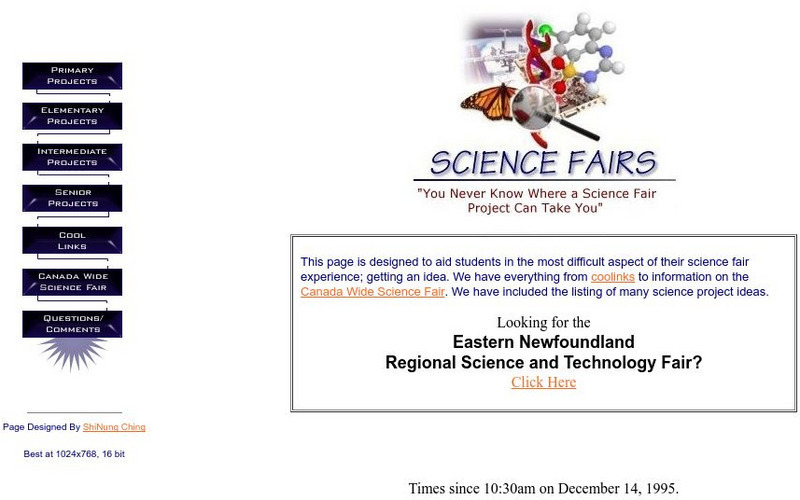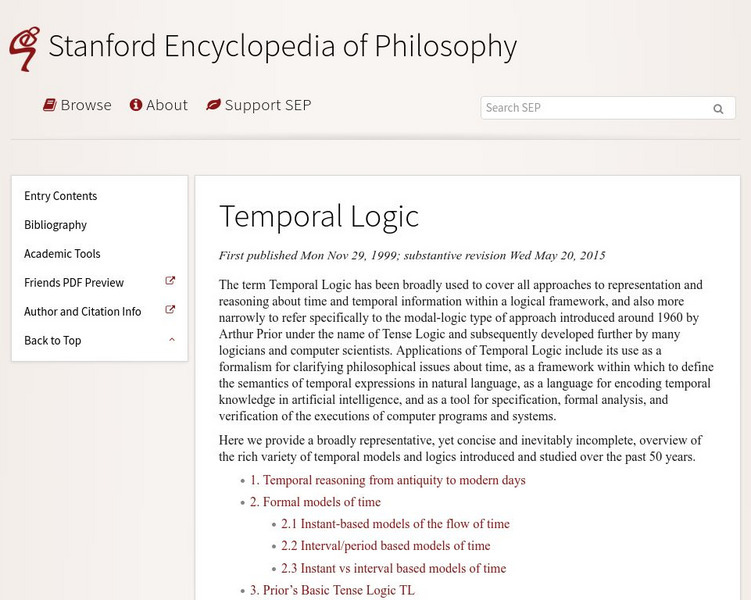University of Canterbury
Cs Unplugged: The Great Number Hunt (Sorted)
How would you look for a book in a library if the books were sorted in alphabetical order? Is that easier than if they were out of order?
Code.org
Code.org: Cs Fundamentals: Course B
Learn the basics of computer science and internet safety. At the end of the course, create your very own game or story you can share.
Khan Academy
Khan Academy: Ap Computer Science Principles
A basic introductory course to computer science. Covers what computers are, their parts, and what they do; what the Internet is and how it works; some basic programming concepts; algorithms; data analysis; and global impact of computers...
Khan Academy
Khan Academy: Big Omega Notation
Learn about Big Omega notation in computer programming.
Khan Academy
Khan Academy: Hexadecimal Numbers
Practice converting hexadecimal numbers to binary and decimal numbers, in this set of practice questions designed for AP Computer Science Principles students.
Khan Academy
Khan Academy: A Guessing Game
This Khan Academy resource is an article about a game that gives you an idea of how different algorithms for the same problem can have wildly different efficiencies. The computer is going to randomly select an integer from 1 to 15....
Code.org
Code.org: Cs Fundamentals: Course A
Learn the basics of computer science and internet safety. At the end of the course, create your very own game or story you can share.
Agnes Scott College
Agnes Scott College: Biographies of Women Mathematicians: Helena Rasiowa
Article highlights the accomplishments of Polish mathematician Helena Rasiowa who worked in algebraic logic and the mathematical foundations of computer science.
Other
Cdli: Science Fairs Homepage
At this site from the Center for Distance Learning and Innovation there's a monstrous listing of possible science fair projects. You can choose from primary (grades 1-4), elementary (grades 4-6), intermediate (grades 7-9), or senior...
Stanford University
Temporal Logic/stanford Encyclopedia of Philosophy
Discusses the temporal logic of Arthur Prior, a type of modal logic. After technical definitions, author addresses related philosophical issues. Also summarizes applications in natural language, computer science, and artificial...











